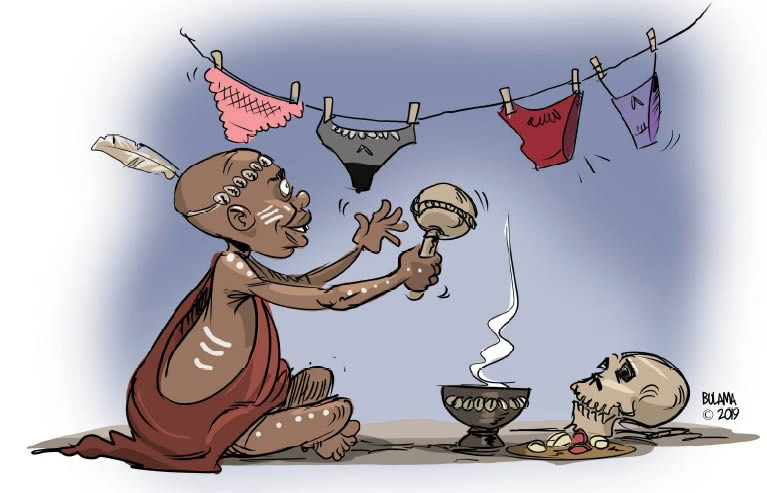Experts from all over Africa have tasked organisations to view standard and quality as key credentials to advancing the continent’s quest to compete in the international market.
This call was made during the 2023 African Quality Achievement Awards and African Quality Congress themed ‘Leveraging Quality to Develop Creative Solutions for the Future’ in Lagos.
The stakeholders said African companies must be ready to regulate themselves to be able to export African-made goods and services to Europe, America and Asian countries.
Speaking at the event, the Chairman of African Quality Congress, Stanley Ohenhen, stated that achieving sustainable quality management would require seeing quality with the eyes of the consumer.
“Quality requires continuous improvement because it should be implemented with a total system from the gate to the board. Quality is walking the talk as well as doing the right things at the right time, all the time, and getting others to do the same.
He added, “This 2023 edition is designed with a bid to deepen the conversation around quality and standards, to celebrate leadership in quality management in Africa. It is aimed at identifying, recognising and regarding companies and products that apply quality culture and quality management best practice in achieving their corporate objectives,’ he explained.
The keynote speaker, a certified business coach, Ernest Shaka said Africa must focus on its natural endowment rather than concerning itself with foreign inhibitions.
He said, “It is about time we focus on our strength and pay less attention to what is happening in other continents. Africa is blessed and endowed with natural resources such as sun, water, fertile soil and human ability. The focus should be more inward than outward. China, the US, the UK and other developed countries never focused on what is happening in other countries.”
On his part, the Executive Director of World Quality Alliance, Favour Esorougue noted that organisations that have quality deficiency would not be able to compete globally, and cannot export because regulatory authorities in other countries would always stop such products from entering their markets.











